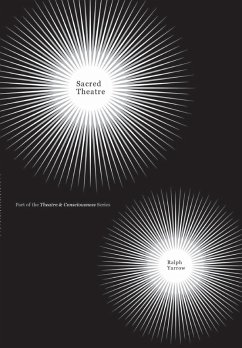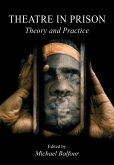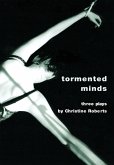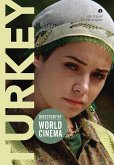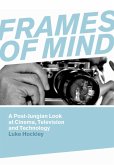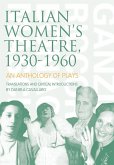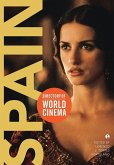The notion of the sacred has long informed the work of British dramatists like Harold Pinter and Tom Stoppard. Ralph Yarrow's Sacred Theatre is the first book to examine the role of the sacred in the practice, process, and performance of drama. While leaving enough room for the personal and experiential, Yarrow draws on concepts from sociology, anthropology, and critical theory as well as analytical readings of plays and performance events to examine how theater interacts with the otherworldly. This volume is essential reading for anyone intrigued by the intersection of drama and consciousness. "This book takes on the enormous task of identifying not only the sacred in theatre but also questions ideas of sacred across the spectrum. It offers a great deal of material for discussion within performance and theatre theory courses."-Jade Rosina McCutcheon, Department of Theatre and Dance, University of California, DavisThe notion of the sacred has long informed the work of British dramatists like Harold Pinter and Tom Stoppard. Ralph Yarrow's Sacred Theatre is the first book to examine the role of the sacred in the practice, process, and performance of drama. While leaving enough room for the personal and experiential, Yarrow draws on concepts from sociology, anthropology, and critical theory as well as analytical readings of plays and performance events to examine how theater interacts with the otherworldly. This volume is essential reading for anyone intrigued by the intersection of drama and consciousness. "This book takes on the enormous task of identifying not only the sacred in theatre but also questions ideas of sacred across the spectrum. It offers a great deal of material for discussion within performance and theatre theory courses."-Jade Rosina McCutcheon, Department of Theatre and Dance, University of California, DavisThe notion of the sacred has long informed the work of British dramatists like Harold Pinter and Tom Stoppard. Ralph Yarrow's Sacred Theatre is the first book to examine the role of the sacred in the practice, process, and performance of drama. While leaving enough room for the personal and experiential, Yarrow draws on concepts from sociology, anthropology, and critical theory as well as analytical readings of plays and performance events to examine how theater interacts with the otherworldly. This volume is essential reading for anyone intrigued by the intersection of drama and consciousness. "This book takes on the enormous task of identifying not only the sacred in theatre but also questions ideas of sacred across the spectrum. It offers a great deal of material for discussion within performance and theatre theory courses."-Jade Rosina McCutcheon, Department of Theatre and Dance, University of California, DavisThe notion of the sacred has long informed the work of British dramatists like Harold Pinter and Tom Stoppard. Ralph Yarrow's Sacred Theatre is the first book to examine the role of the sacred in the practice, process, and performance of drama. While leaving enough room for the personal and experiential, Yarrow draws on concepts from sociology, anthropology, and critical theory as well as analytical readings of plays and performance events to examine how theater interacts with the otherworldly. This volume is essential reading for anyone intrigued by the intersection of drama and consciousness. "This book takes on the enormous task of identifying not only the sacred in theatre but also questions ideas of sacred across the spectrum. It offers a great deal of material for discussion within performance and theatre theory courses."-Jade Rosina McCutcheon, Department of Theatre and Dance, University of California, DavisThe notion of the sacred has long informed the work of British dramatists like Harold Pinter and Tom Stoppard. Ralph Yarrow's Sacred Theatre is the first book to examine the role of the sacred in the practice, process,
Bitte wählen Sie Ihr Anliegen aus.
Rechnungen
Retourenschein anfordern
Bestellstatus
Storno

